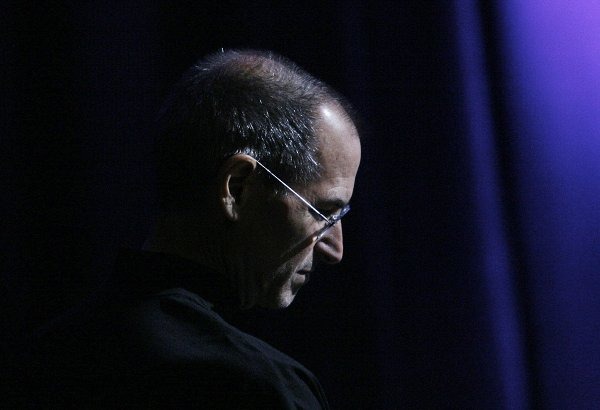An interesting profile of Apple's overarching health initiative published Monday says Apple Watch, a device marketed to fashion-forward consumers, has roots in late Apple cofounder Steve Jobs' personal quest for better healthcare, a goal he wanted for all Apple customers.

Citing Apple executives who helped develop Apple Watch, Tim Bajarin, writing for Time, reports the company's focus on health came about through Jobs' long bout with pancreatic cancer, a disease that ultimately took his life in 2011. On his personal path through the American healthcare system, Jobs discovered a disjointed apparatus in need of improvement. He made it Apple's goal to address the disconnect, and improve the health of its customers, with technology, the report said.
Among the issues Apple looks to address with its lineup of health products is the data gap between patients and healthcare providers. For many, especially those suffering from serious illness, it is difficult or impossible to routinely monitor, assess and report health related metrics in a timely manner. Existing fitness trackers proved inadequate for such tasks, so Apple dreamed up Watch and its supporting software frameworks as a first step in reimagining healthcare.
Spearheaded on the hardware side by Apple Watch, an always-on connected wearable capable of measuring movement, heart rate and other biometrics, Apple's ambitions in the sector have only gained momentum since Jobs' death. For example, HealthKit debuted in 2014, allowing developers to build health monitoring software with tie-ins to Apple's Health app. ResearchKit launched nine months later to facilitate large scale medical studies, and to investigate how best to leverage data generated by Watch.
On the topic of in-house testing, Bajarin said he recently visited an Apple health lab, a secretive facility first profiled by ABC News shortly after Apple Watch was unveiled publicly. Staffed by seven full-time nurses, the lab uses cutting edge medical equipment to monitor and gather data from all ilk of employee as they run through a variety of exercises. Given that the lab operates 12 hours a day, six days a week, Apple likely has accumulated a treasure trove of biometric data that can be used to inform future product designs.
Most recently, Apple in April launched its latest health software platform. Called CareKit, the open framework lets developers build easy to use software for tracking, managing and reporting medical conditions. While not an end-all solution, the platform is perhaps the closest has come to creating the comprehensive system Jobs sought -- one capable of gathering, quantifying and sharing of health data with healthcare professionals.

